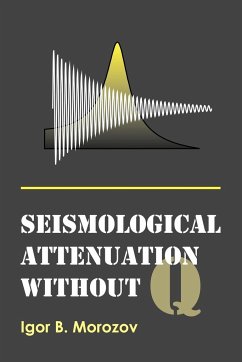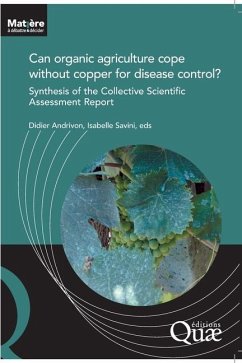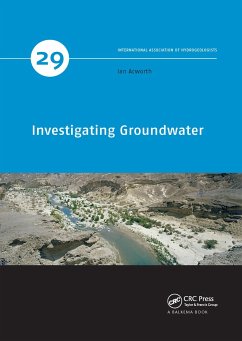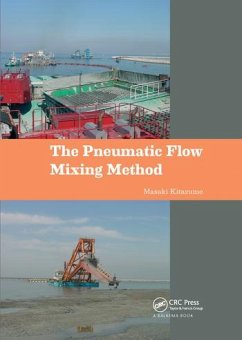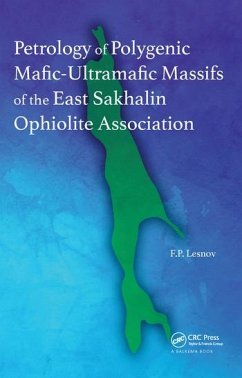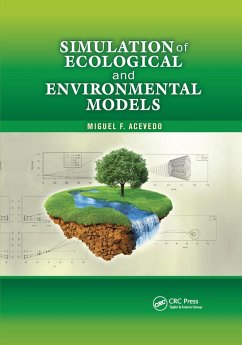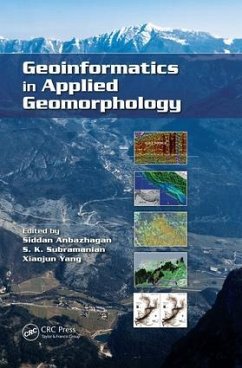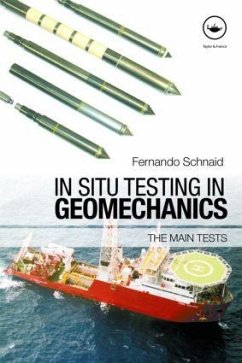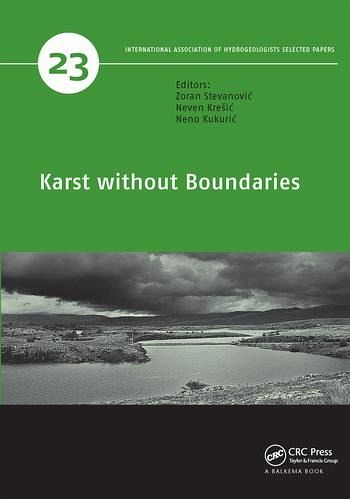
Karst without Boundaries
Versandkostenfrei!
Versandfertig in 1-2 Wochen
62,99 €
inkl. MwSt.

PAYBACK Punkte
31 °P sammeln!
Karstified rocks of different lithology cover more than 10% of the continental surface of our planet. It is known that some 20% or even a few percent more of the global population largely depends on karstic groundwater but in many karst areas all over the world there are limited natural resources including absence of drinking waters. The problems of water shortage, equitable water use or water protection from pollution, become more problematic when they come to transboundary regions. The Dinaric region is a classical karst area where created borders of newly established countries after the civ...
Karstified rocks of different lithology cover more than 10% of the continental surface of our planet. It is known that some 20% or even a few percent more of the global population largely depends on karstic groundwater but in many karst areas all over the world there are limited natural resources including absence of drinking waters. The problems of water shortage, equitable water use or water protection from pollution, become more problematic when they come to transboundary regions. The Dinaric region is a classical karst area where created borders of newly established countries after the civil war in 1990s resulted with an urgent need to create ambience for sustainable water management. The project DIKTAS is one of the first ever attempts to establish sustainable integrated management principles in a transboundary karst aquifer of the magnitude of the Dinaric Karst System. This volume presents selected papers from the conference held in June 2014 in Trebinje, Bosnia & Herzegovina including presentations of some of the project's achievements but also number of other research results conducted in karst environments worldwide.





